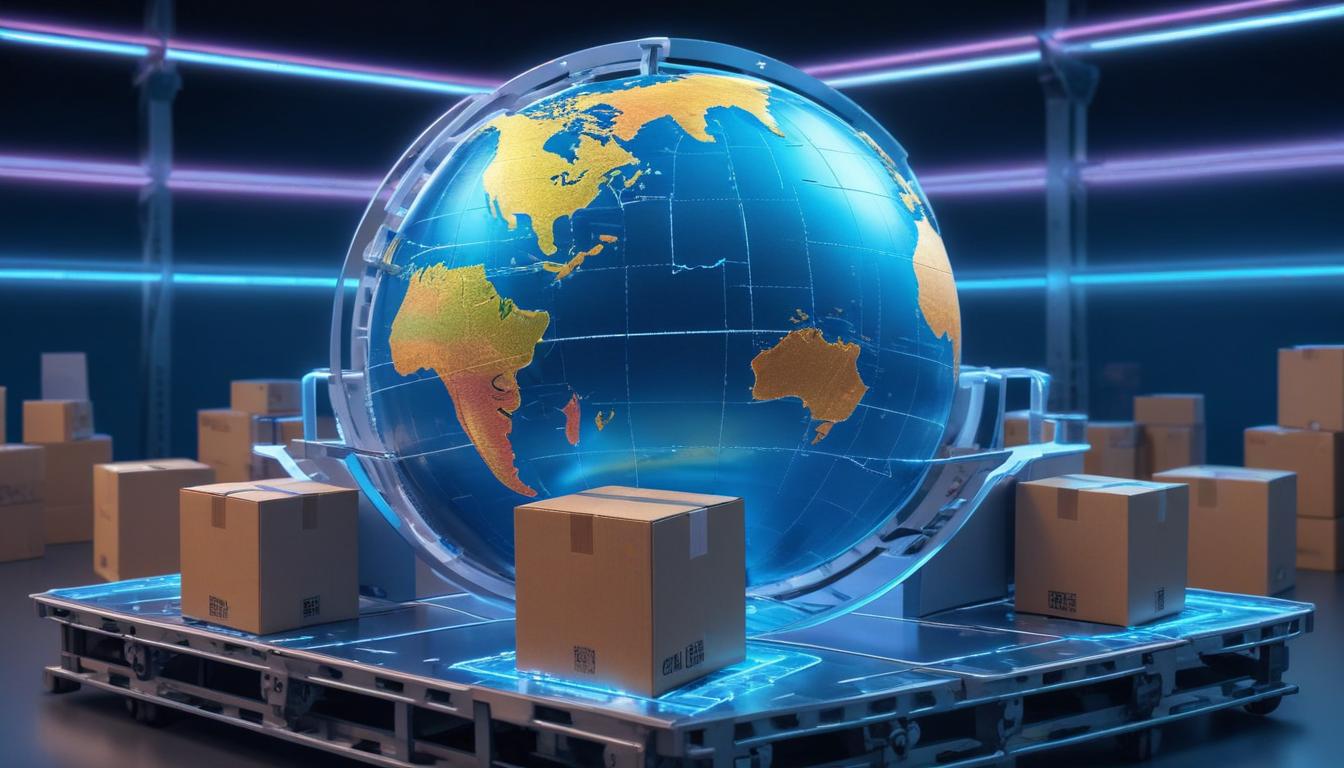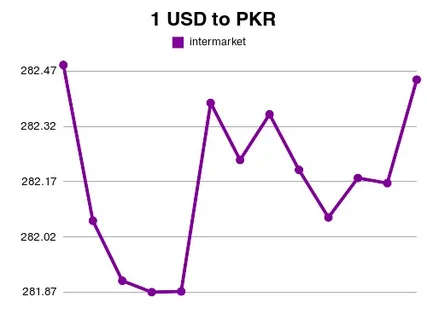ISO Certification in Bahrain: What Shipping Companies Need to Know

If you’re part of the shipping industry in Bahrain, you understand how crucial precision and trust are to your daily operations. Shipping isn’t just about moving goods; it’s about delivering promises on time and keeping your clients’ trust intact. That’s exactly where ISO certification, especially ISO 9001, steps in. You might have heard about it as some kind of corporate jargon, but it’s much more than that. ISO 9001 is a quality management system designed to help businesses like yours streamline processes, reduce errors, and build credibility in a competitive market. So, why should shipping firms in Bahrain care about this certification? Let’s unpack that.
Why Shipping Companies Should Care About ISO Certification
You may wonder, “We already juggle a ton of regulations—why add another layer?” That’s a fair question. But ISO 9001 isn’t just another hurdle; it’s a framework that helps reduce confusion and inefficiency. Shipping involves a complex web of logistics, paperwork, safety checks, and timing. With ISO 9001, you get a structured way to manage all these moving parts smoothly. It helps shipping companies improve customer satisfaction by consistently delivering what’s promised, ensures compliance with Bahraini and international laws, and fosters continuous improvement. In simple terms, it cuts down costly mistakes and elevates your reliability. And honestly, who doesn’t want fewer headaches and more satisfied customers?
How ISO 9001 Fits Into Your Shipping Operations
Shipping isn’t as straightforward as it seems. It’s a precise choreography involving warehouses, trucks, ports, customs, and people. ISO 9001 gives you a clear blueprint to organize these processes effectively. For instance, think about your warehouse operations—loading, unloading, storing, and dispatching. ISO encourages documenting these steps clearly so everyone on your team knows exactly what to do, minimizing errors like mislabeling or missed shipments. It also guides how to manage your suppliers, like truckers and freight forwarders, by evaluating their performance regularly. The best part? ISO isn’t a one-and-done deal. It pushes you to keep gathering feedback, analyzing how things run, and improving over time. It’s about working smarter, not harder.
Tackling Common Challenges in Shipping with ISO
Shipping in Bahrain isn’t without its fair share of challenges. Between bustling ports, complex customs regulations, and shifting global markets, delays and risks are common. Plus, weather and regional politics can throw a wrench into plans. ISO 9001 acts like a steady compass here. For example, documentation errors are a notorious cause of shipment delays. ISO encourages standardized paperwork to keep everyone on the same page, drastically reducing mistakes. Then there’s risk management—ISO requires identifying risks like cargo damage or theft early and planning how to handle them. Rather than scrambling when problems arise, you’re prepared. Plus, ISO fosters better communication internally and with clients or suppliers, which in shipping, can truly make or break a deal.
The Path to ISO Certification in Bahrain
So, how does your shipping company in Bahrain get certified? It’s a multi-step journey that starts with assessing your current operations and identifying gaps against ISO standards. Next, you map out responsibilities and timelines for implementing changes. Training your team is crucial—everyone must understand their role in the quality system. Then comes documentation: procedures, policies, work instructions—all recorded clearly. Modern tools like cloud-based quality management software can make this less painful than it sounds. After implementing these processes, you conduct internal audits to catch any issues before the official certification audit. An external auditor then verifies your compliance, and if all goes well, you earn that coveted ISO 9001 certificate. But remember, certification isn’t the finish line. It’s the beginning of continuous improvement, with regular audits to keep your system sharp.
How ISO Certification Gives You a Competitive Edge
Let’s be real: shipping is fiercely competitive, especially in a strategic hub like Bahrain. ISO certification bahrain can be a real game-changer when you’re bidding for contracts. Many global clients and partners insist on working only with certified firms because it assures consistent quality and reliability. Without certification, you might not even get invited to the table. Beyond that, being ISO certified elevates your brand, showing you’re serious about professionalism and quality. Plus, an often overlooked benefit is that insurance companies see certified companies as lower risk, which might translate into lower premiums. So, ISO doesn’t just improve your processes—it can boost your bottom line.
A Few Tangents: Culture, Government Support, and Technology
While we’re on the subject, it’s worth noting that ISO certification also influences your company culture. When quality becomes everyone’s responsibility, it builds teamwork and accountability. Employees tend to feel more invested when they know their work contributes to the company’s reputation. Also, Bahrain’s government encourages businesses to pursue ISO certifications as part of its Vision 2030 economic strategy, which might mean you can tap into support programs or incentives. And don’t forget the tech side—shipping companies increasingly use tools like IoT trackers and automated inventory systems. ISO 9001 complements these advances by providing the structured processes that help technology truly shine.
Tools and Tips to Smooth Your ISO Journey
Wondering how to get started? There are plenty of practical resources out there. Quality management software like Q-Pulse or ETQ Reliance can help manage documents and audits effortlessly. Working with local ISO consultants familiar with Bahrain’s shipping landscape can speed things up and prevent common pitfalls. Networking through industry events offers valuable insights and lessons learned from peers. And a simple but effective tip: use digital forms or mobile apps to collect ongoing feedback from your team—continuous improvement is key to keeping your system effective. Remember, the goal isn’t drowning in paperwork but building a flexible, living system that makes your day-to-day work easier.
Wrapping Up: ISO Certification Is More Than a Paperwork Exercise
Here’s the bottom line: ISO certification in Bahrain isn’t just a tick-box exercise. It’s a powerful tool that can transform how your shipping company operates—making your processes clearer, your teams more coordinated, and your clients more confident. It’s an investment that can pay dividends through improved efficiency, stronger customer relationships, and cost savings. You’ve got plenty on your plate already, but imagine having a system that helps you avoid surprises, gain new business, and keep your operations running like a well-oiled machine. That’s what ISO 9001 certification offers. If you haven’t explored it yet, maybe now’s the perfect time to start steering your company toward this valuable goal.

